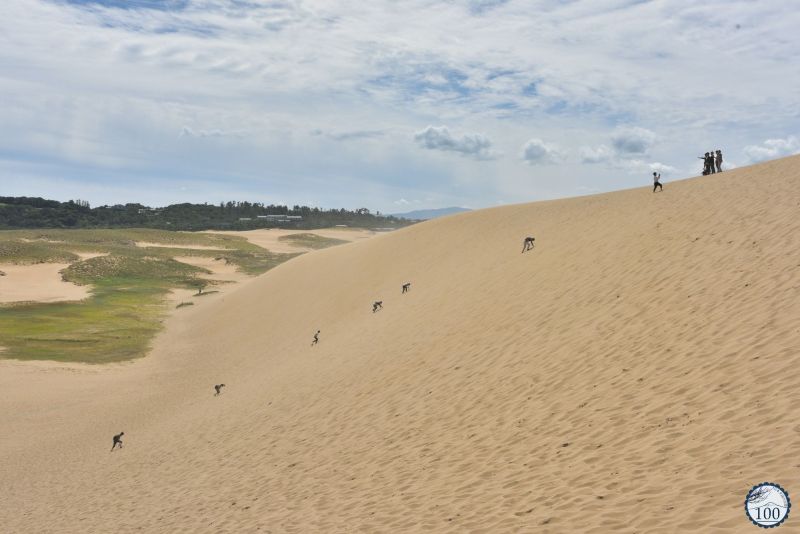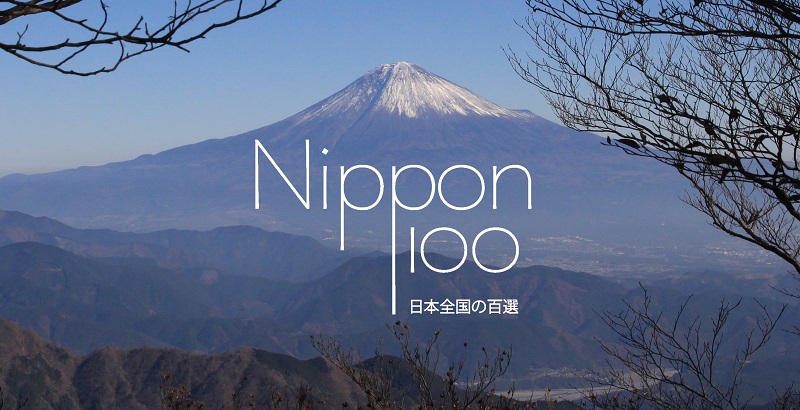It must be the most different landscape among the whole list. In that remote slice of Japan, actually not so far away but definitely off the beaten path, Tottori sand dunes offer an exotic sight. And logically remind the most adventurous Japanese of the Sahara ones, but with a view over the Sea of Japan. About two millions visitors reach the sandy hills every year – a sight that wasn’t famous until the early 20th century. But everything changed after several writers visited Tottori.
The view was truly delightful. One of the reason – not the least! – being that it is a very special one, very different from all the others. Among several lakes and temples, a few onsen and wild national parks, Tottori sand dunes are really exotic. They are part of the Sanin Kaigan geopark.



 |
 |




 |
 |
 |
 |

But before being a popular inbound tourism destination, the dunes had long been considered a nuisance. Everything changed during the 1920s thanks to Takeo Arishima. The famous writer described his loneliness while walking around the dunes in 1923, a few months before committing a double suicide with his lover – a married woman living in Tokyo. Following that, visitors began to make the journey to Tottori sand dunes.
The gold sand of the dunes was also an inspiration for Kobo Abe novel, The Woman in the dunes, published in 1962 and a great publishing success.



 |
 |
Since WW2, the dunes have been endangered and Umanose – “horse back”, the main one – is now about 30 meters smaller that it was at the time (according to the difference between aerial photographs). The reasons are several and complicated. One of them being the construction of a jetty to protect a neighboring harbor, which now prevents the sea current from carrying new sand to the dunes.
Exploring the dune is free. As for the camels, they are here all year long and everyday (from 10am to 16pm in winter). The camel tour is a short one, about 5 minutes long and following a short path of 60 meters (1300 yen for one person, 2500 yen for two).


 |
 |


How to get there?
Tottori dunes are the prefecture most visited spot. They are located at a 20 minutes bus ride away from Tottori station (at the last stop, Tottori Sakyu, 鳥取砂丘, 370 yen). During weekends and public holidays, the Kirin Jishi Loop Buses are another option (300 yen per ride or 600 yen for one day).
Reaching Tottori from Tokyo is not so complicated. It implies a ride of the Tokaido Shinkansen until Shin-Osaka or Himeji, in order to catch a Super Hakuto Limited Express (about 6 hours and 19000 yen in total). The whole journey isn’t covered by the JR pass, as the Super Hakuto is using private tracks for a time: JR Pass holders have to pay a 1820 yen supplement.
Another option is to travel by night bus with Keikyu Bus or Nihon Kotsu Bus – about 10500 yen for a 10 hours journey.

